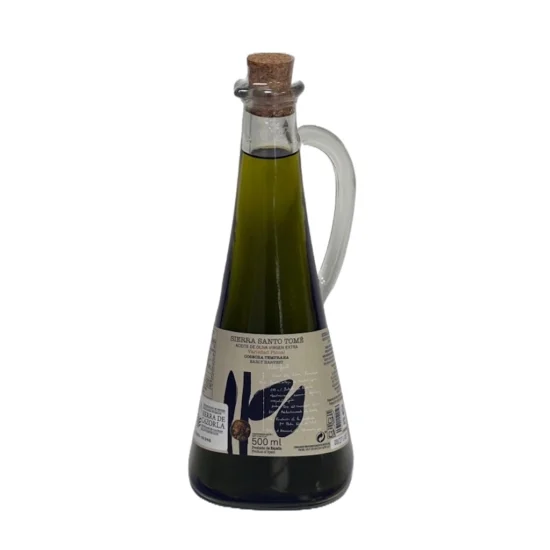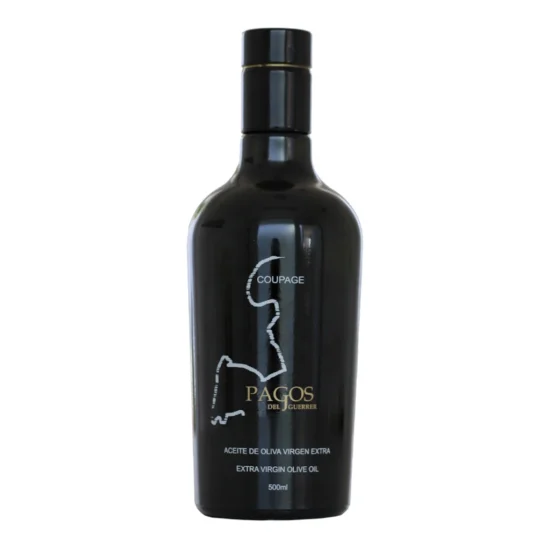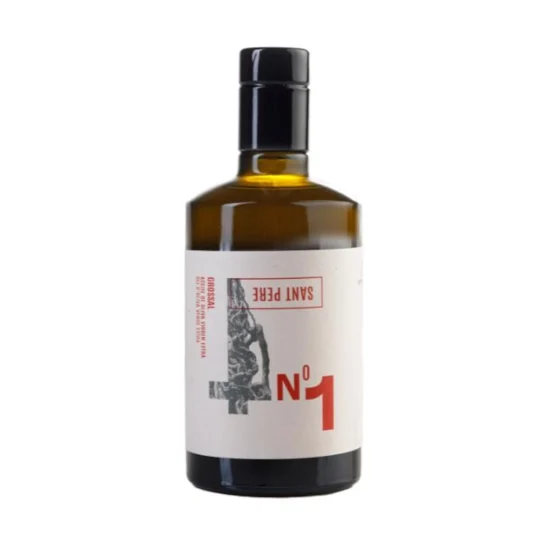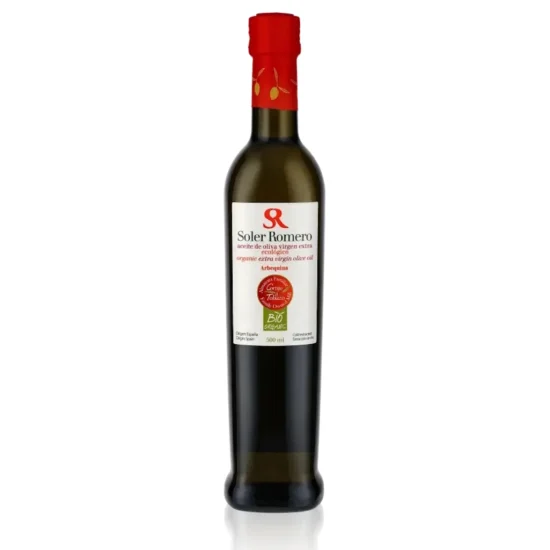
Discover what an olive oil sommelier does and learn expert tips for choosing and using everyone’s favorite oil. You may know what a wine sommelier does, but what about an olive oil sommelier?
An olive oil sommelier learns how to properly taste olive oils. This includes tasting oils and recognizing where they come from, their variety, and their flavor notes. A sommelier also learns to recognize defective olive oils, such as rancidity, oxidation, rancidity, or moldiness. In addition, olive oil sommeliers also know how to pair different olive oils with foods to properly highlight their best flavors.
An olive oil sommelier is an important figure for an oil to be considered and classified as ‘extra virgin,’ and must pass chemical and organoleptic tests. The subjective tasting and classification of EVOO is an important job in the world of olive oil. This decision carries significant weight, since extra virgin olive oil has more value and health benefits than non-extra virgin olive oil.
That’s why a sommelier tastes and examines extra virgin olive oil in blue or red glasses, so that the mind doesn’t associate color with quality (which is a natural thing for the mind to do),” says Russo-Tiesi. Color can tell us the variety of olive used to make an extra virgin olive oil, but it doesn’t provide any answers about its quality.
It’s recommended to use olive oil within two years of the harvest date, which is not the same as a bottling date, which is always more recent than the harvest date. It’s important to taste the oil and recognize when it begins to change because you’ll no longer receive the health benefits provided by fresh extra virgin olive oils. Unfortunately, many oils only list a bottling date, but that doesn’t tell you anything about when the oil was produced or when it should be consumed.
Not all olive oils labeled as extra virgin are. Therefore, it’s recommended to buy directly from an olive mill you trust whenever possible. If you’re buying EVOO at the supermarket, look for the “Harvest Date” or “Best Before” on the label, and especially a dark glass bottle. Green glass is fine, but something that completely blocks the oil from light is better.
Important Note: aceitedelcampo.com promotes the consumption of extra virgin olive oil for its culinary qualities and health benefits. However, no medication or current treatment should be replaced without the guidance of a healthcare professional.




Subscribe and receive a coupon by email for your next purchase.